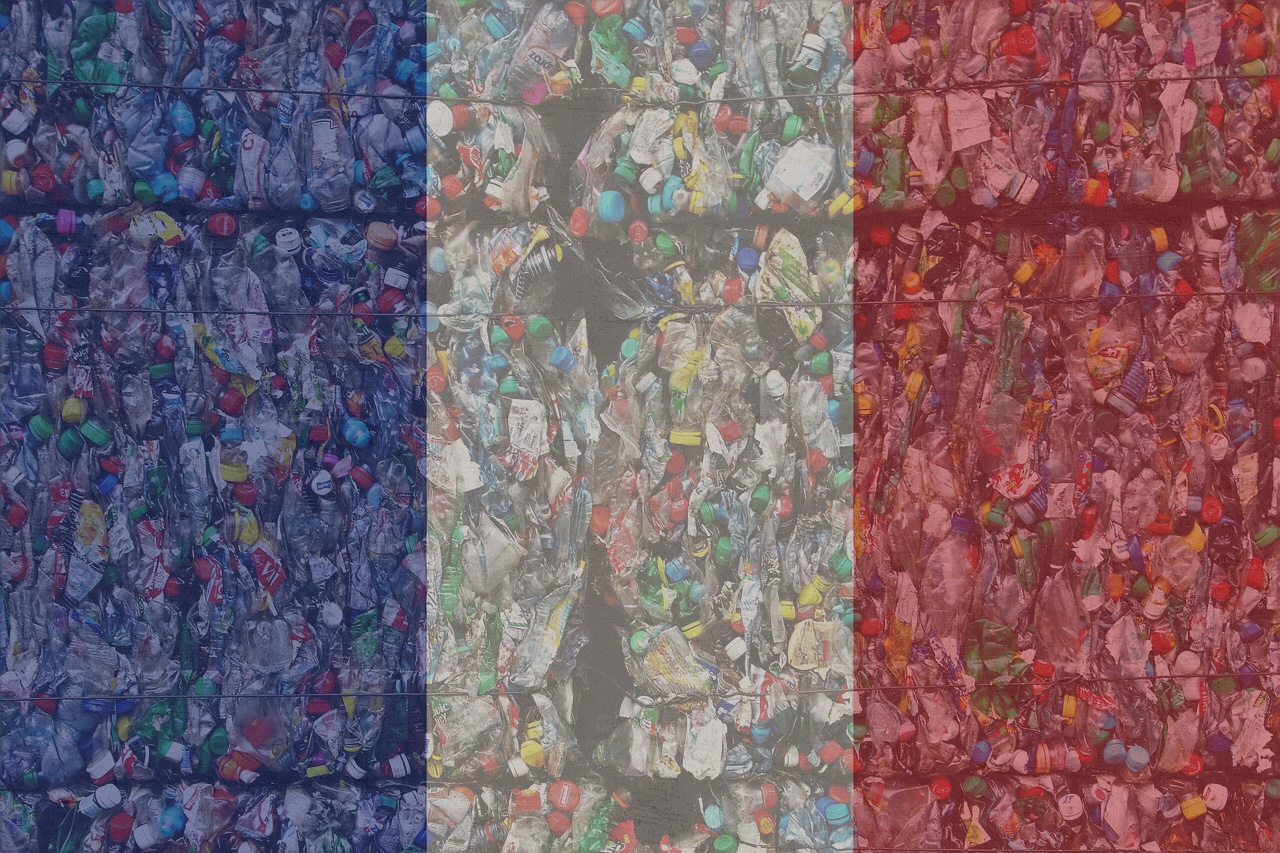
- Sustainable Planet -
- 3mins -
- 269 views
France set to make recycled plastic bottles the cheaper option
The French government has announced plans to make bottles made from recycled plastic less expensive than those made from new plastic.
The new system encourages consumers to recycle by making sustainability the cheaper option
The government of France has announced plans to make bottles manufactured with recycled plastic less expensive than those made from new plastic, as part of a larger plan to intensify regulations on plastic use. Other aspects of the plan include an increase in taxes on landfill, and lowering the value-added tax on recycling activities. The new measures are in addition to the action France has already taken on food waste, and imminent laws concerning fashion industry waste.

When there is a choice between two bottles, the one made with recycled plastic will be cheaper
Junior Environment Minister Brune Poirson announced the French government will introduce further specific measures to address the problem of plastic pollution. “We need to transform the French economy,” she said. “We are launching a movement that will be scrutinised and followed by our European partners.”
Part of this movement is a plan to reduce the price of products packaged in recycled containers by up to 10%. The discount-premium system encourages consumers to recycle by making sustainability the cheaper option. “Tomorrow, when there is a choice between two bottles, one made with recycled plastic, the other not, the first one will be cheaper,” Poiron stated.
Currently, France has the second-worst recycling rate in Europe, with just 25.5% of plastic packaging waste being recycled. By comparison, Germany and the Netherlands recycle around 50% of their plastic waste.
Nevertheless, the French government plans to change its plastic recycling rate to 100% by the year 2025, with the recent announcement marking the first steps toward this goal.
Veolia and Suez, two giants in the French recycling sector, have long been calling for regulation changes, which would provide a boost for business.
Retailers have also joined the cause; French company E.Leclerc has pledged to eliminate the sale of disposable plastics and replace them with more eco-friendly alternatives, such as bamboo, and is testing a loyalty point system for customers who deposit plastic and glass bottles in some store outlets.
Source: Reuters

France has already taken action on food waste and the fashion industry is facing new guidelines
In 2016 France passed a law requiring grocery stores and supermarkets to donate unsold — but perfectly edible — food produce to charities for distribution to the needy. Now they’re taking the same approach to the textile industry, with a similar law which prohibits throwing away unsold clothing to be passed by next year.
In recent years, France saw an increase in homeless people going through store dumpsters for food, so in 2016 they became the first country to pass a law to prevent grocery stores and supermarkets from throwing away perfectly edible food that neared expiration. The new legislation requires stores to donate the produce to charities for distribution to the needy.
Now they’re taking the same approach to the textile industry, with a similar law which prohibits throwing away unsold clothing expected to be passed in 2019.
To read our article on French supermarkets being forced to donate food waste, CLICK HERE
To read our article on new laws concerning waste in the French fashion industry, CLICK HERE

